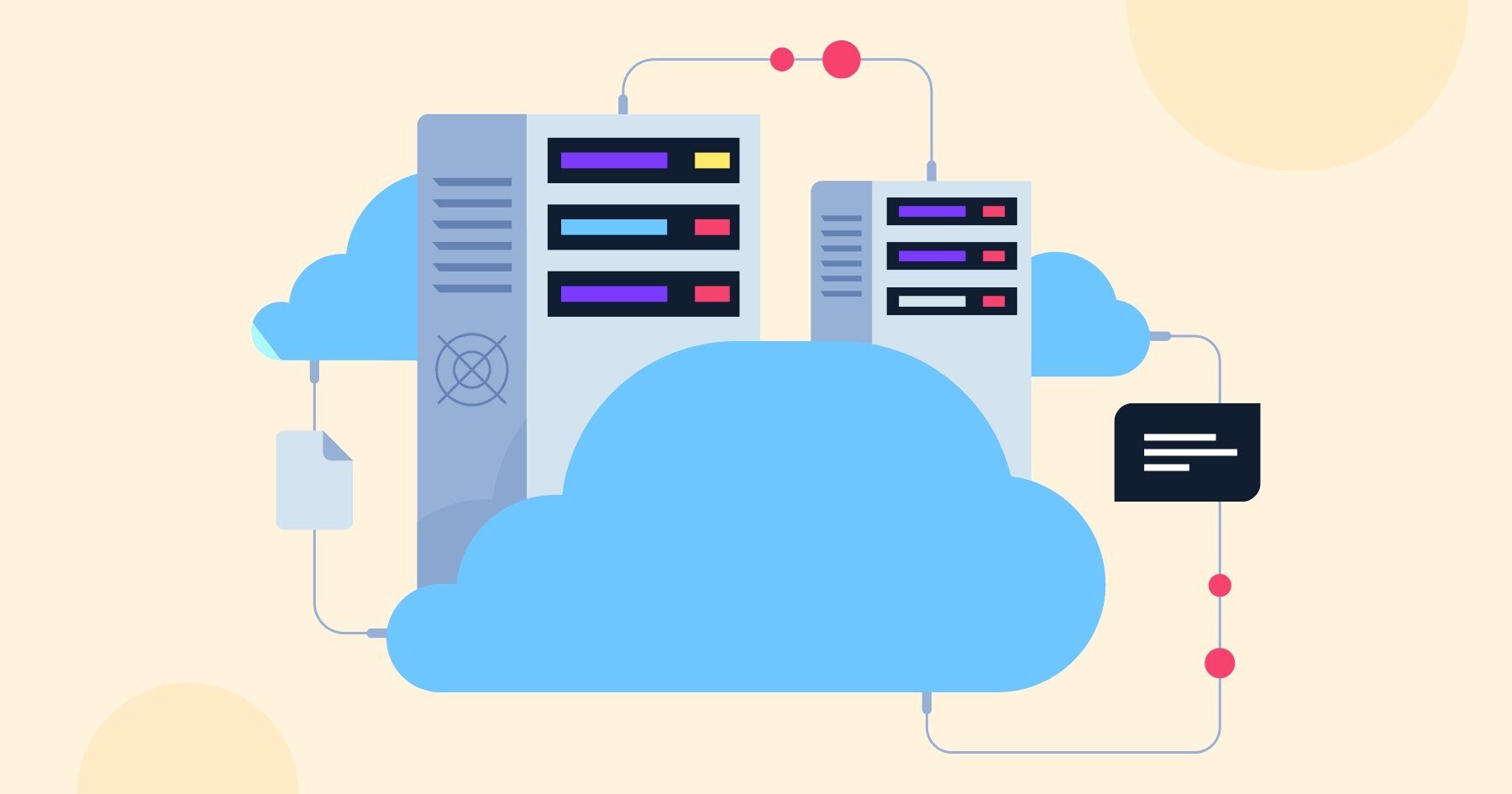As many organizations continue to turn to cloud vendors to store sensitive data, it’s important to ensure that your data is safe. To protect your organization from suffering reputational and financial damages that could stem from detrimental data breaches on the cloud, you must perform thorough due diligence on your cloud vendors.
Understanding Cloud Vendors
While cloud vendors are a relatively newer concept for many organizations, many have trusted these third parties to store their data or provide data services. In fact, cloud technology offers many benefits for businesses, such as eliminating the need for expensive data storage hardware and infrastructure. Cloud storage and computing offers flexibility and cost-efficient solutions to data storage which has become increasingly valuable in today’s world.
However, despite these benefits, it’s also important to understand that, like any other service, there are risks associated with cloud technology. The same technology that offers flexibility by storing data across internet servers also leads to the potential of the data becoming compromised by cyber threats. As cyberattacks have become more frequent and hackers find new ways to access sensitive information for malicious purposes, you need to be aware of the risks associated with cloud vendors and the ways that you can work to mitigate the risks.
The Importance of Cloud Vendor Due Diligence
Due diligence is one of the most crucial components of an effective third-party risk management program. When entering a new relationship, revisiting an existing contract, or checking your vendor’s performance as part of ongoing monitoring, you must be sure that you’ve identified any risks and understand the best ways to combat them and safeguard your organization.
Cloud vendors are no exception. When engaging with a cloud vendor, exercising due diligence is just as important so that you’ll gain a deep understanding of the vendor’s strengths, capabilities, weaknesses, and, most importantly, any risks that might leave your organization vulnerable to data breaches.
In cases where organizations are victims of data breaches, responsibility often falls to the organization and not the vendor or third-party service provider. To avoid facing harmful damage to your organization, be sure that you perform effective due diligence assessments throughout your relationship with the vendor, and not just in the contract stage. Due diligence, when done correctly, will allow you to get ahead by identifying risks and helping protect your organization.

What to Consider When Assessing Cloud Vendors
Just like when you assess other vendors, you should be sure to collect as much due diligence documentation as you can regarding their security measures. To properly understand and trust the vendor, you will need proof that the vendor has the ability and systems to protect your data from malicious attacks, as well as know who will be accessing the data and why.
When assessing your vendor, you should ask specific and relevant questions, such as:
- Who will be accessing your sensitive data? For what purposes?
- What security practices are in place? Are there physical security measures as well as system-wide measures?
- What is the data migration process?
- Where are the physical servers located?
- Does the vendor remain up to date with industry regulations and compliance?
- What processes are in place for requesting, approving, logging, and testing changes?
- What policies does the vendor follow to retain and back up data?
- Is there an effective disaster recovery plan in place?
In addition, you should request a CAIQ and have it assessed. A CAIQ is an industry-accepted way to document what security controls exist in infrastructure as a service (IaaS), platform as a service (PaaS), and software as a service (SaaS) environments and is available through the Cloud Security Alliance (CSA). If your vendor has a completed CAIQ, you should have it assessed to ensure that their posture aligns with your expectations, the cloud control matrix, and industry best practices.
Along with these considerations, you should also assess the vendor’s financial health, reputation, certifications, and what exit strategies are in place, if you decide that you need to offboard the vendor.
Depending on the vendor’s services, risk rating, and criticality, the amount of information you gather and questions you ask may differ.
As the number of cyberattacks continues to rise, your third-party risk management program must ensure that your sensitive information is protected. By performing effective due diligence and understanding the risks posed by your cloud vendors you can take the necessary steps to safeguard your organization from severe damages that could result from a data breach.






.gif?width=1920&name=Sample-Graphic-Animation%20(1).gif)



